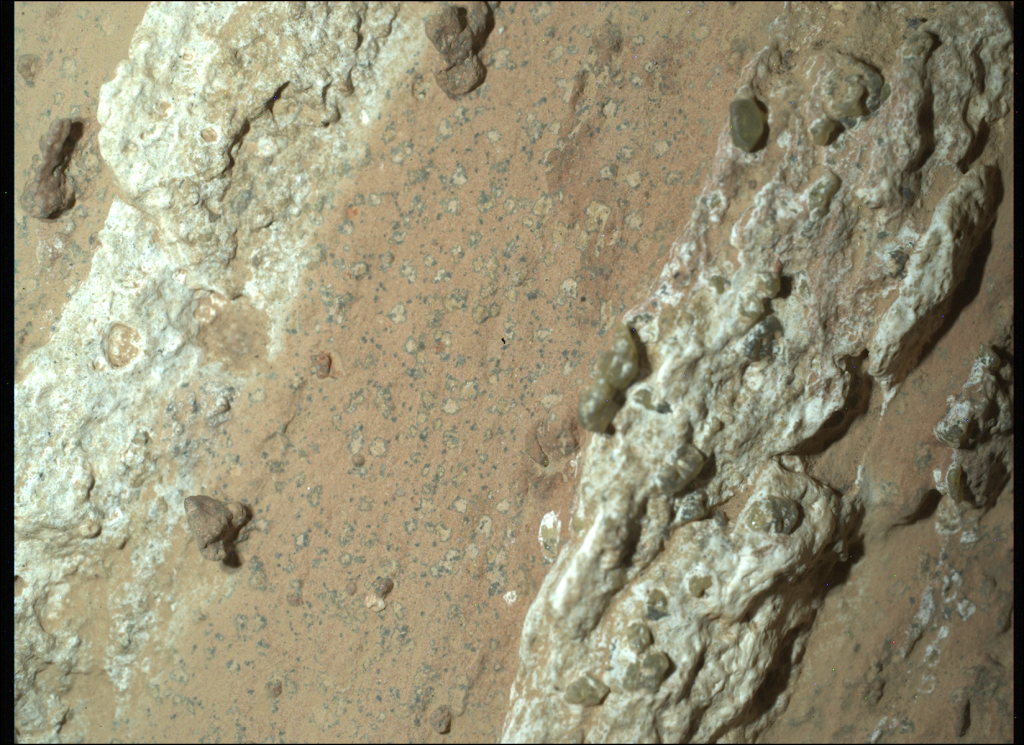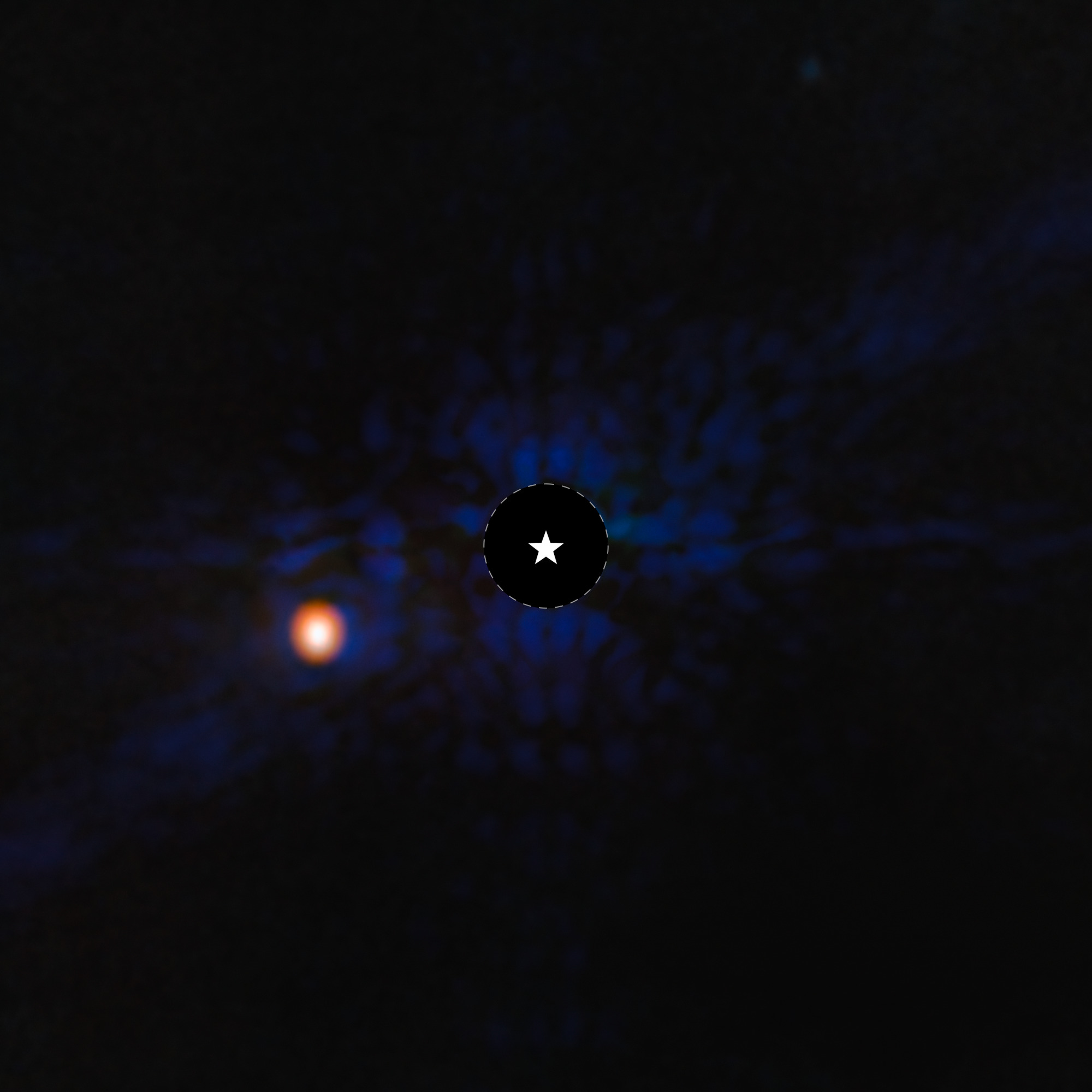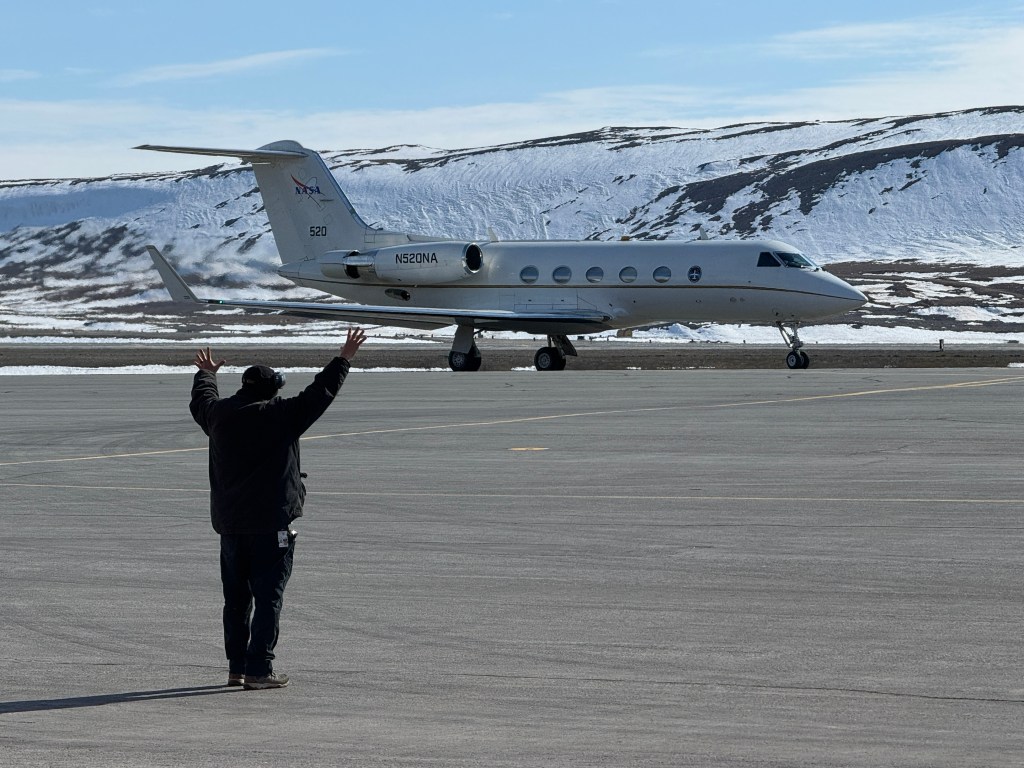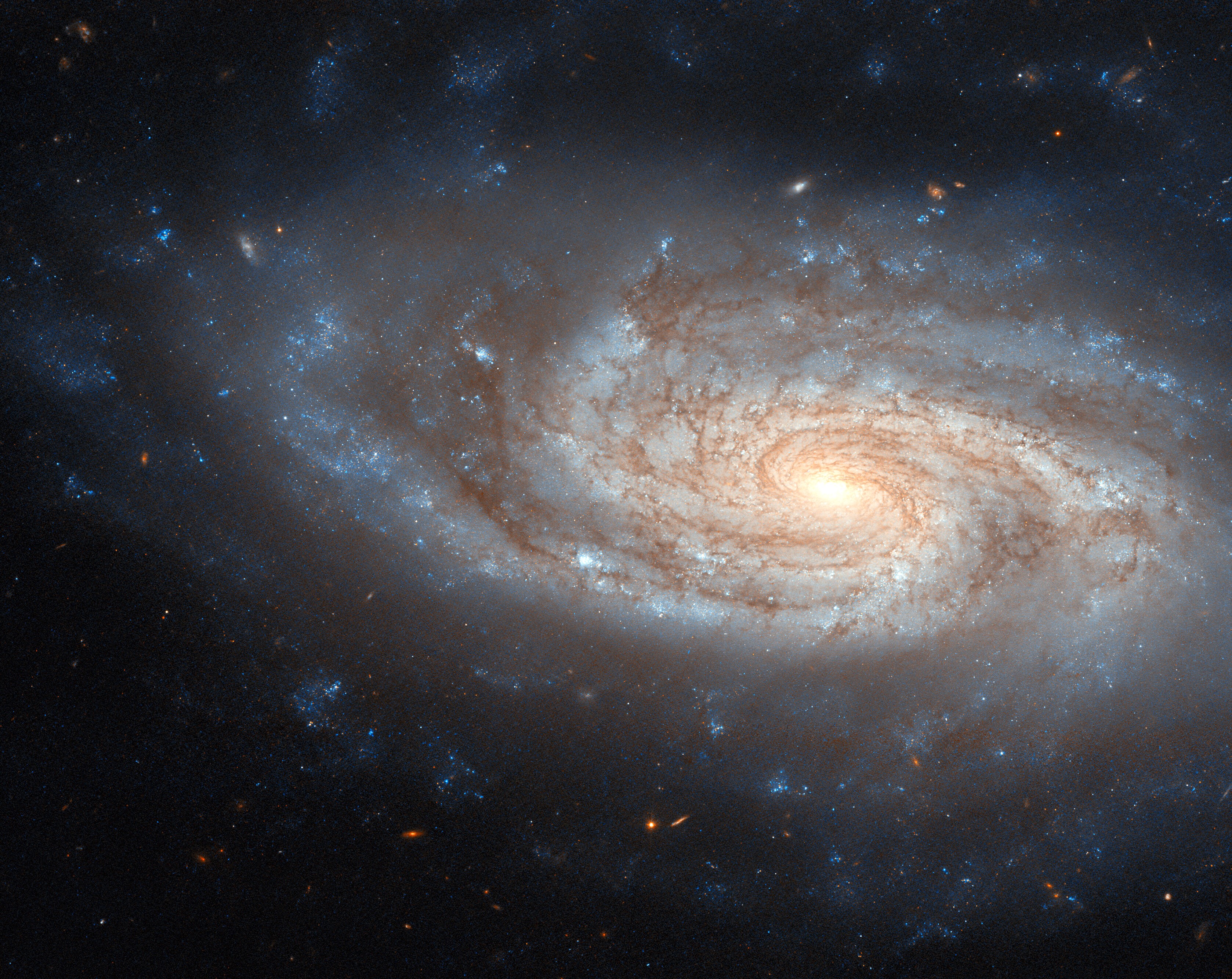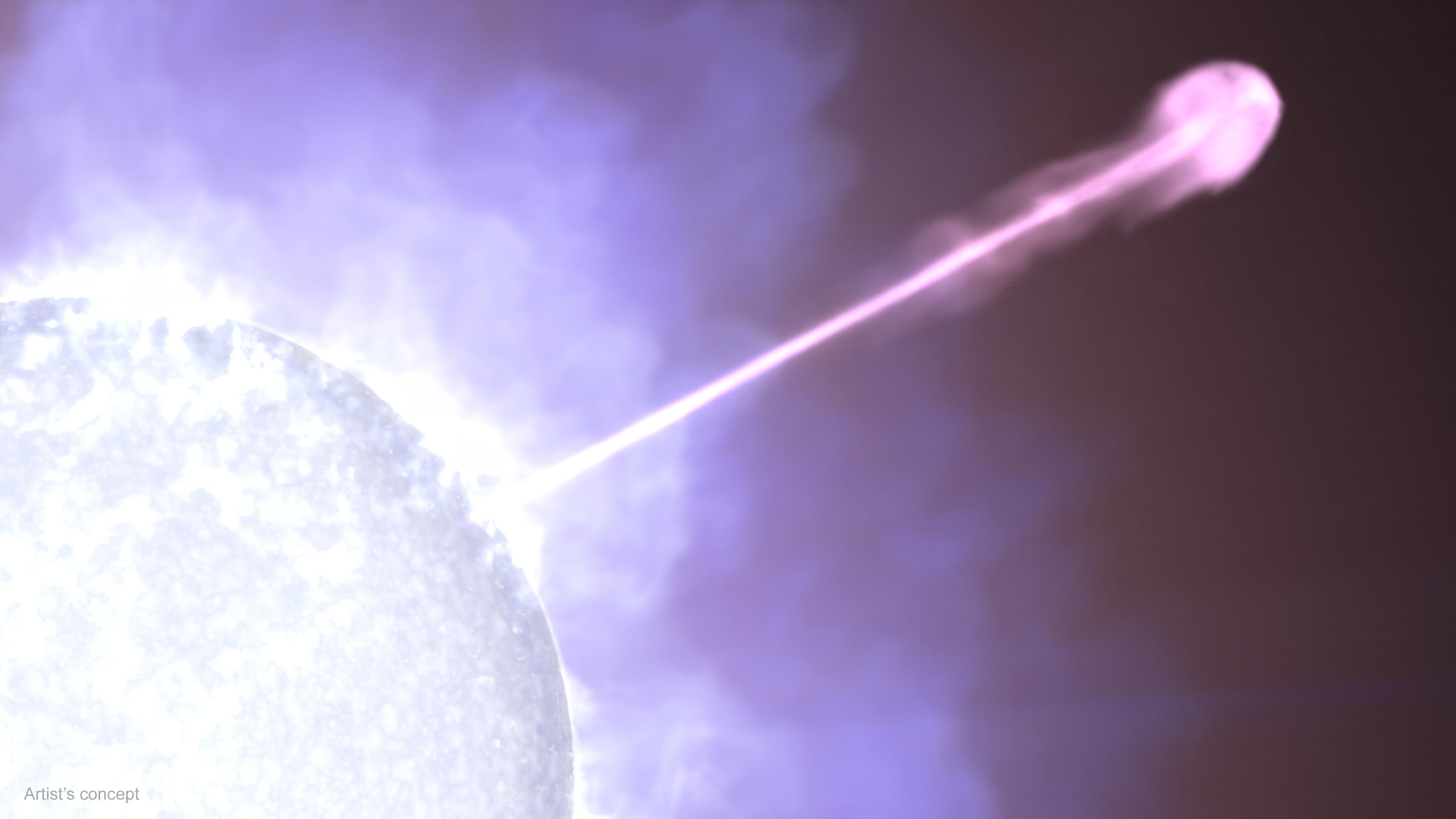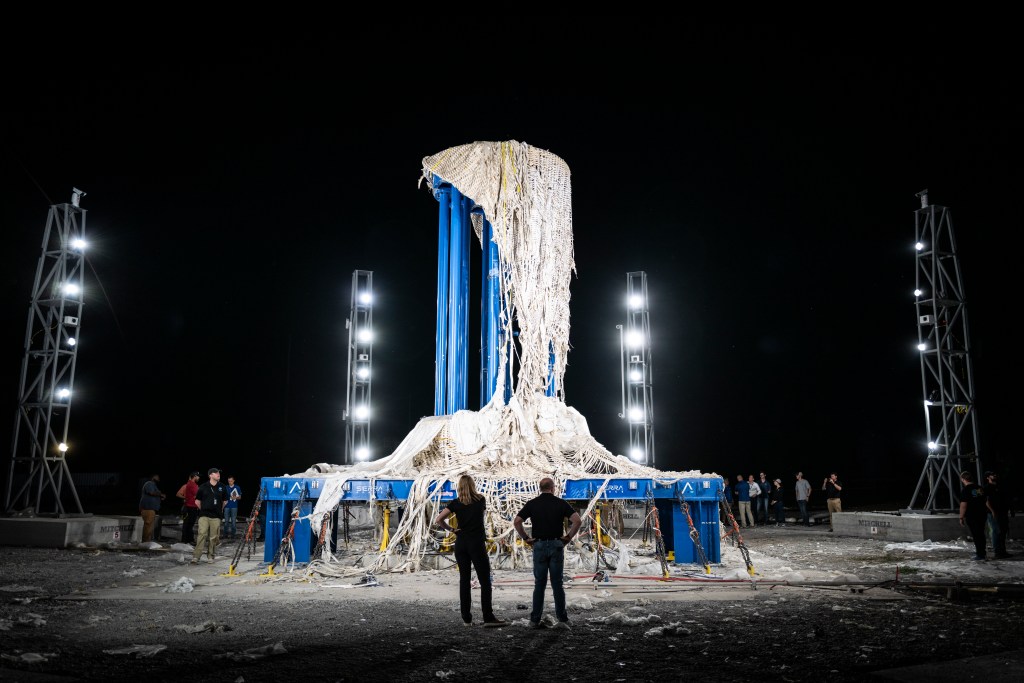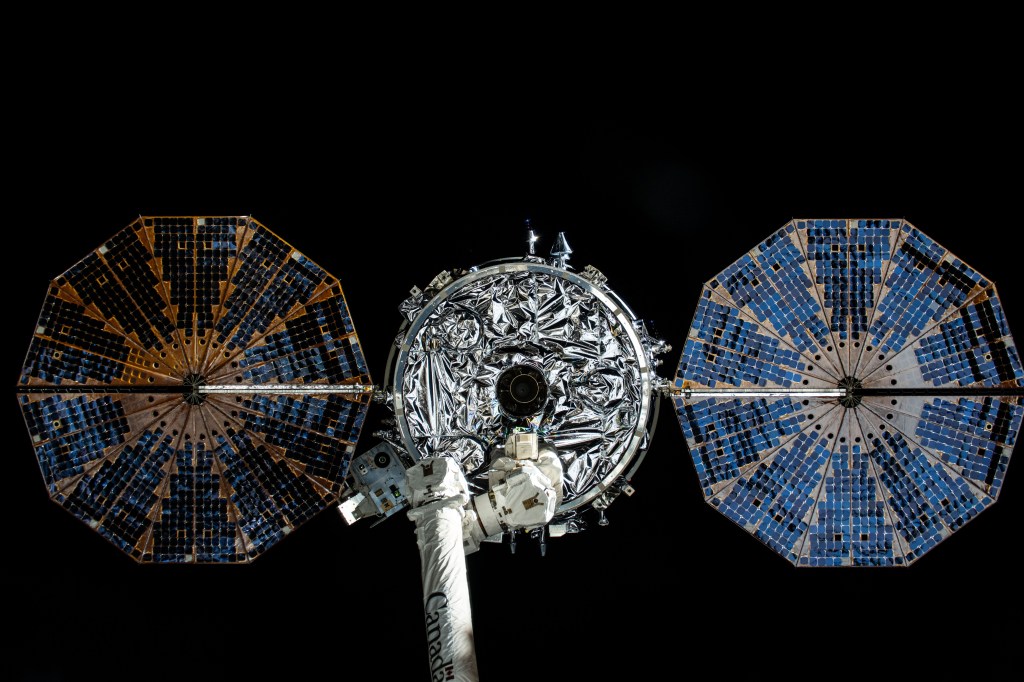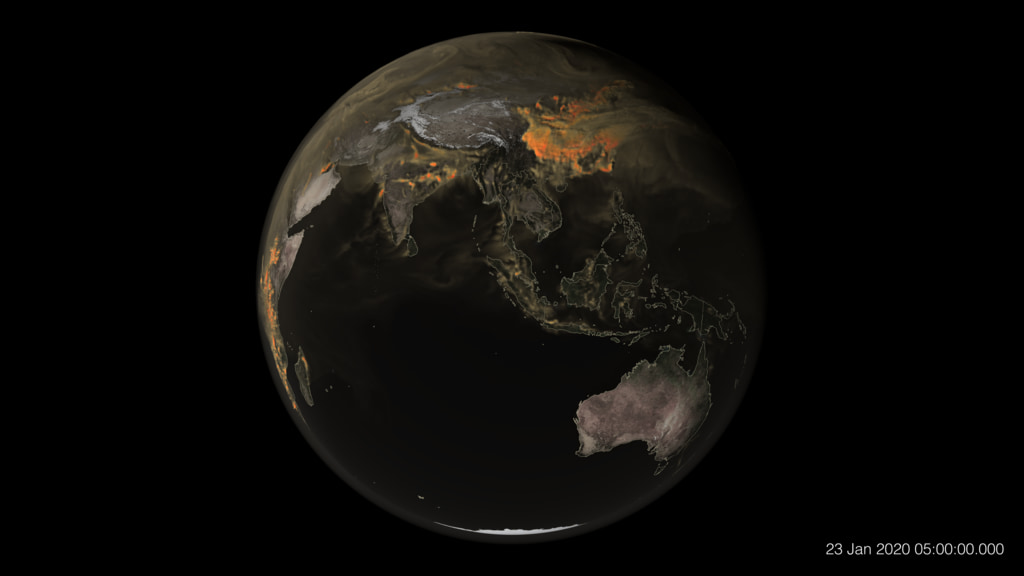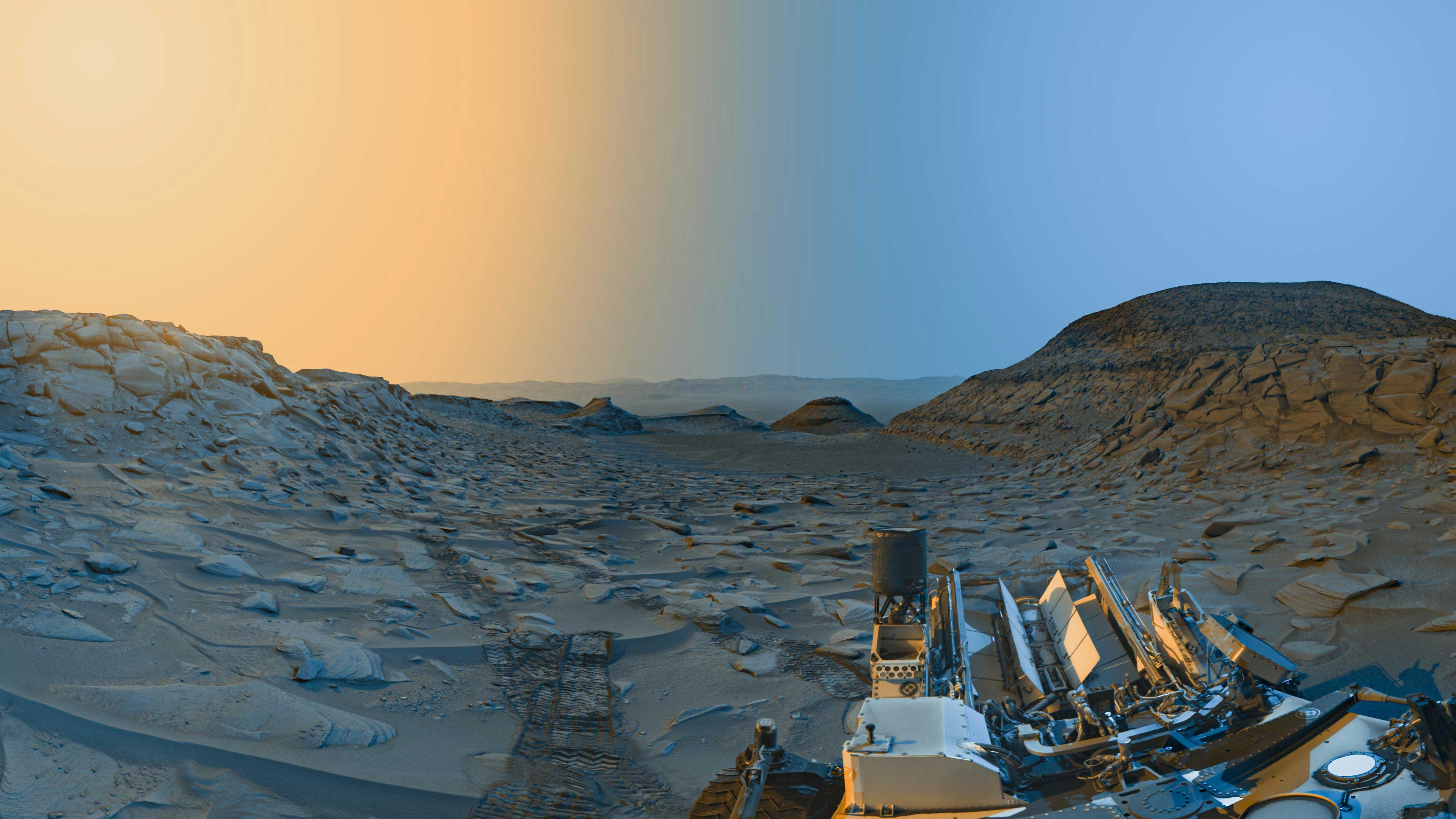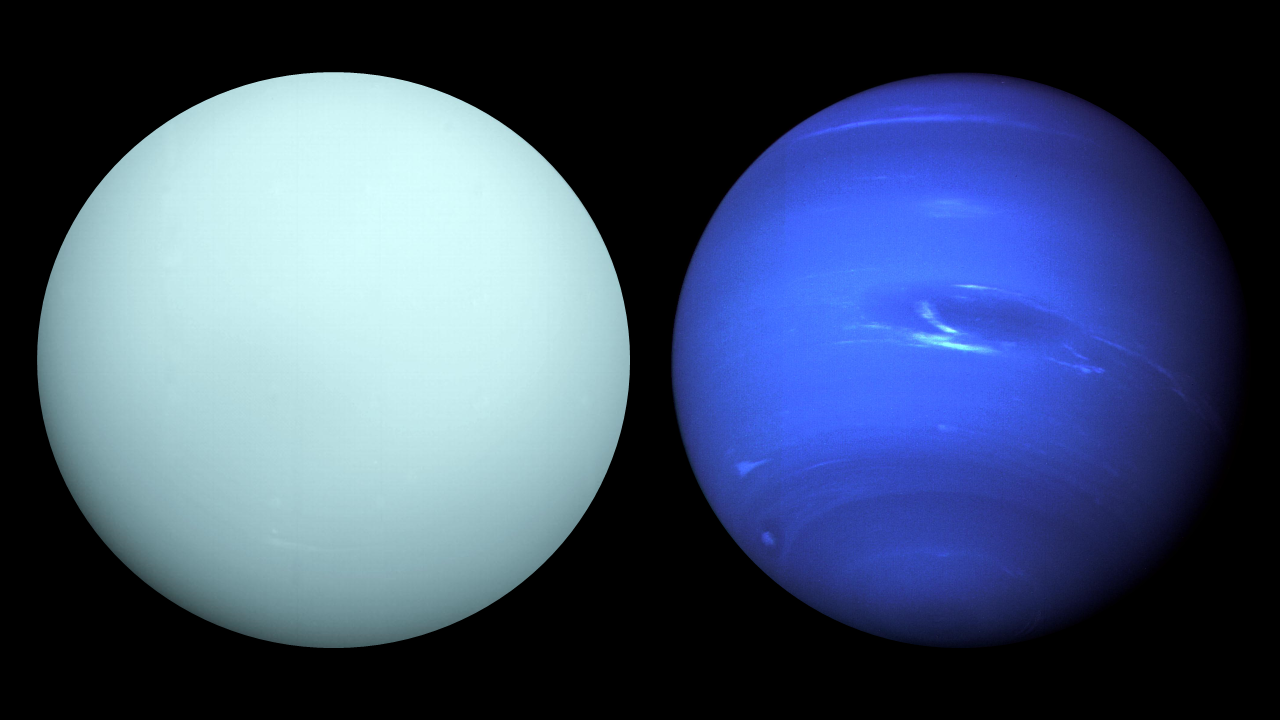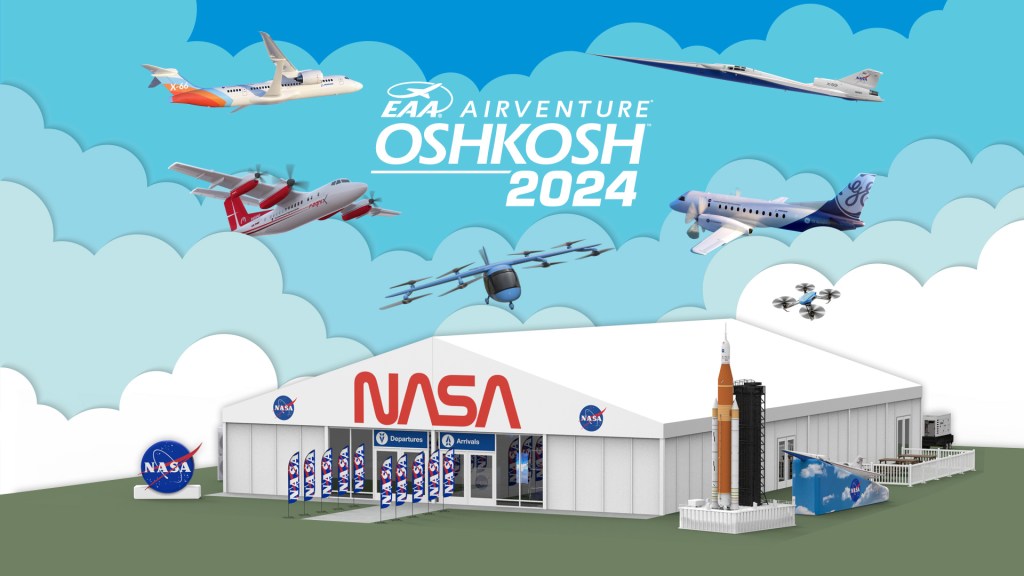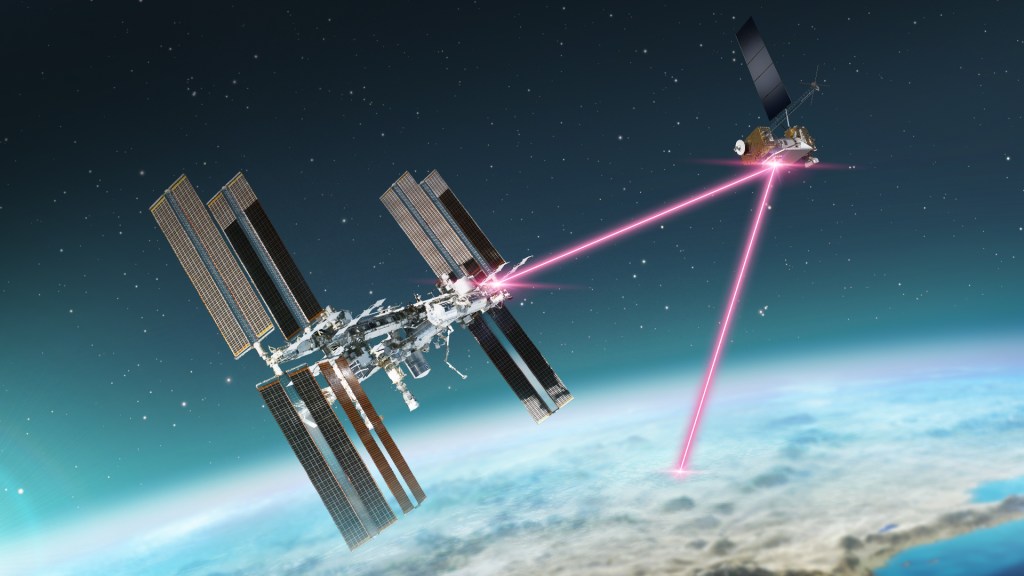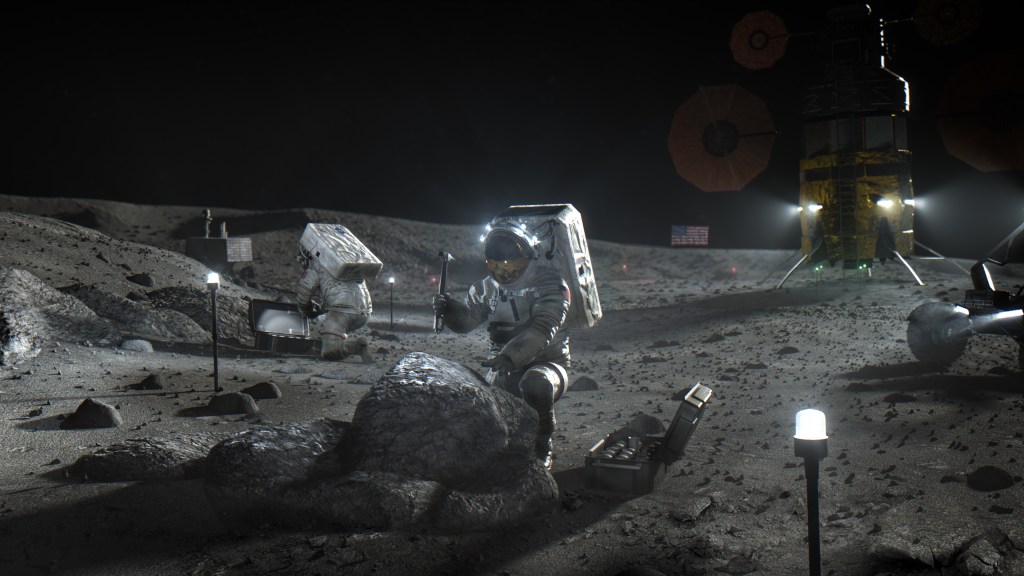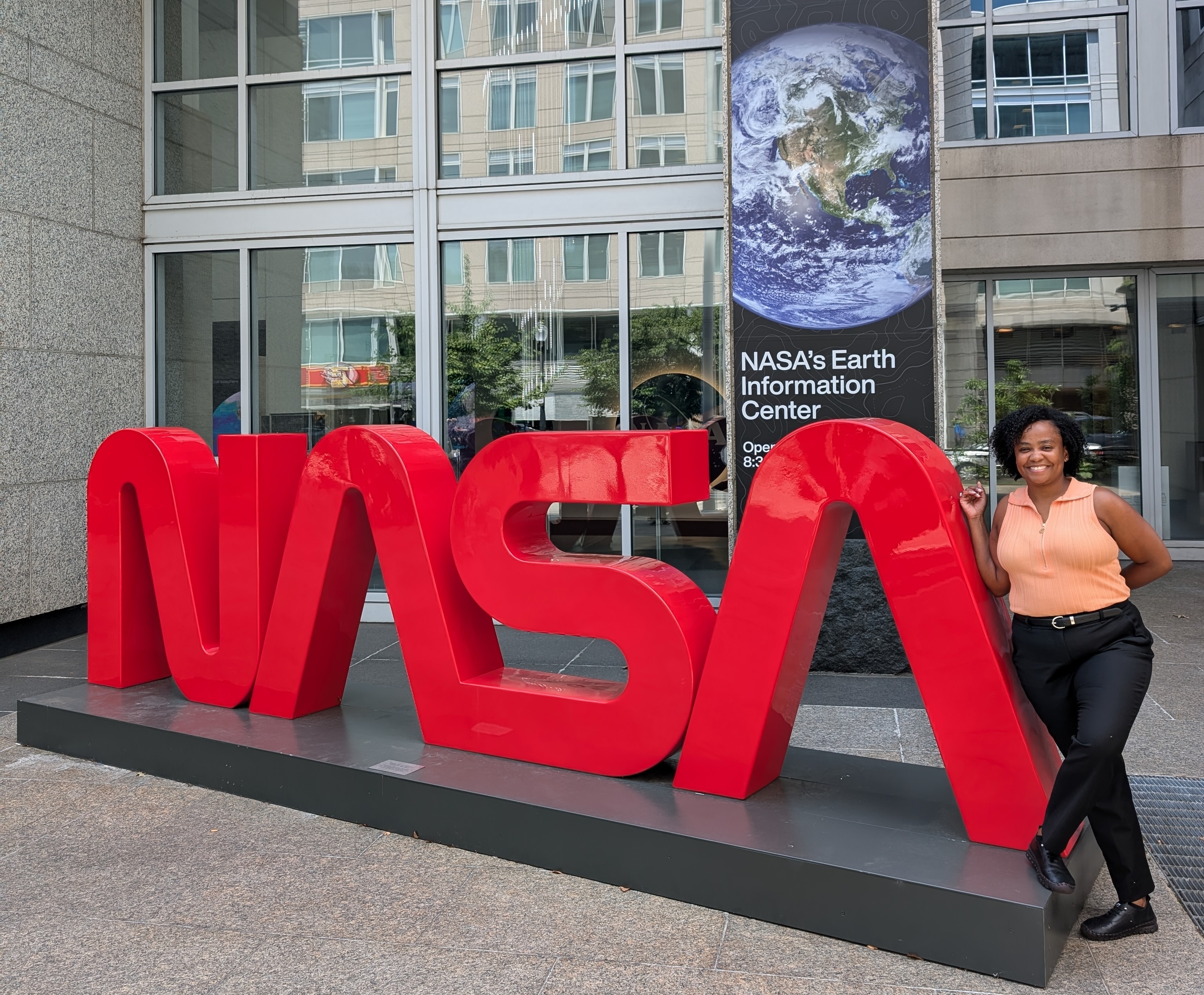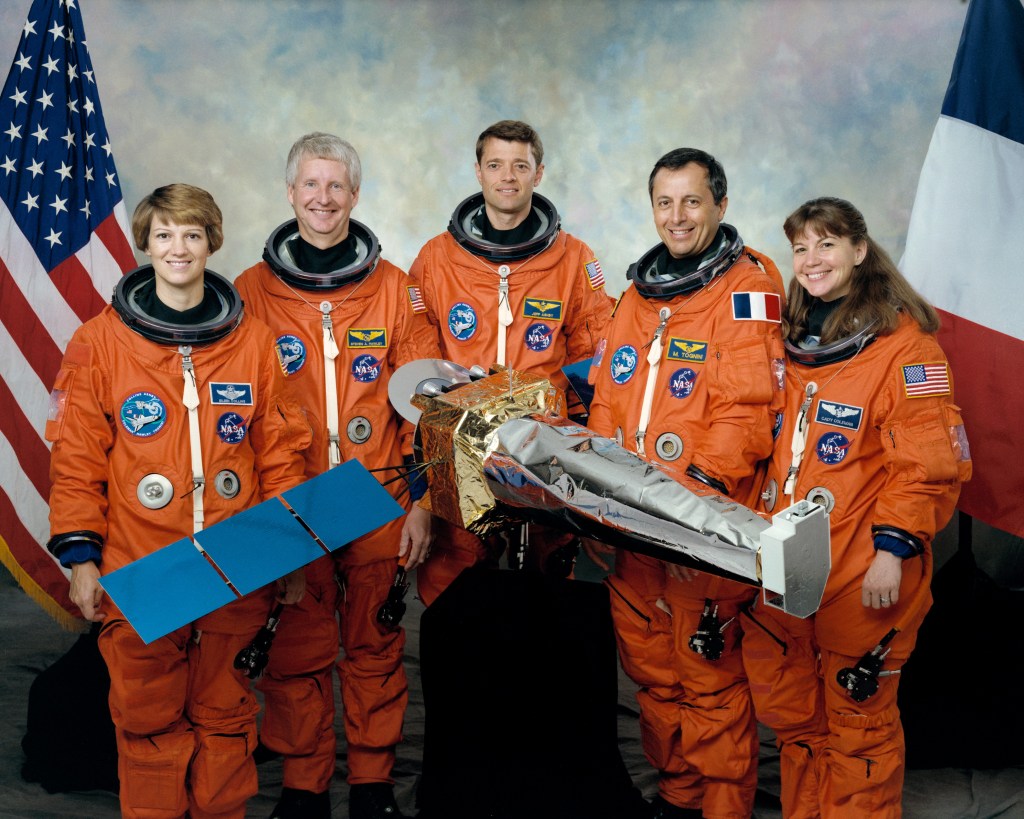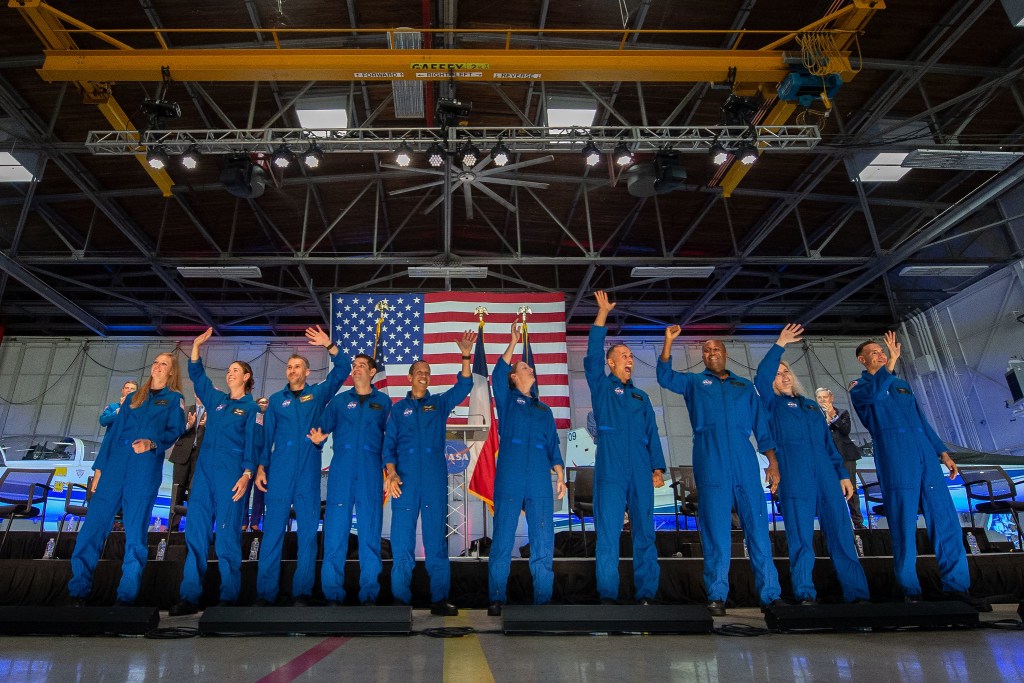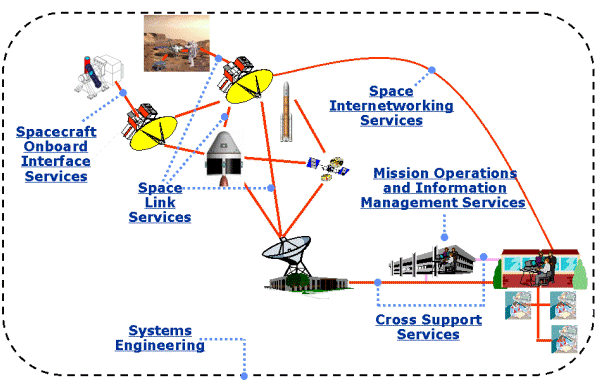Space Communications and Navigation (SCaN) Data Standard Project develops the necessary portfolio of internationally agreed and interoperable space communication standards for operational use by NASA missions and networks to lower the life cycle costs and risks, and provide innovative capabilities for current and future missions. Space communications data standards enables the world space agencies to provide cross support to each other and hence eliminate the need to built and deploy their own space and ground assets.
NASA participates in the development of space data standards through its active membership in the Consultative Committee for Space Data Systems (CCSDS). NASA is one of the 11 member agencies, and there are currently 29 observer agencies within CCSDS. SCaN has taken technical leadership roles in many of the CCSDS working group activities to develop the specifications for the international standards and promote interoperability and cross support among cooperating space agencies. In addition, SCaN represents NASA to chair the CCSDS management council and serve as the General Secretariat of the CCSDS.
› CCSDS Technical Organization
› CCSDS Blog
› Available standards for use
› Standards under development
These benefits of the standards effort conducted by the SCaN include:
- Promotes robust global interoperability that results in significant savings in cross support.
- Reduces mission complexity and risk.
- Reduces life cycle costs as a result of faster development and testing.
- Enables new space data, communications and navigation capabilities to be infused into the various tracking networks and flight missions.
CCSDS focuses on six area of work:
- Systems Engineering: Responsibility is supporting CCSDS in creating and executing an interdisciplinary process to ensure the successful development of standards
- Mission Ops & Information Management Systems (MOIMS): Data exchange formats and mission operations services for interoperability
- Spacecraft Onboard Interface Services (SOIS): Interfaces, protocols and data exchange formats for interoperability of flight systems and components, both within and in near vicinity of spacecraft
- Space Link Services (SLS): Develop efficient interoperable space link communications systems
- Space Internetworking Services (SIS): Automation of communication opportunity management
- Cross Support Services (CSS): Interoperability between telemetry, tracking and command (TT&C) providers and mission spacecraft
NASA is continuing to develop space communication standards to lower costs and risks for our future space missions. NASA welcomes and encourages industry participation at the CCCSDS working groups. To learn more about participation visit the CCSDS website.


